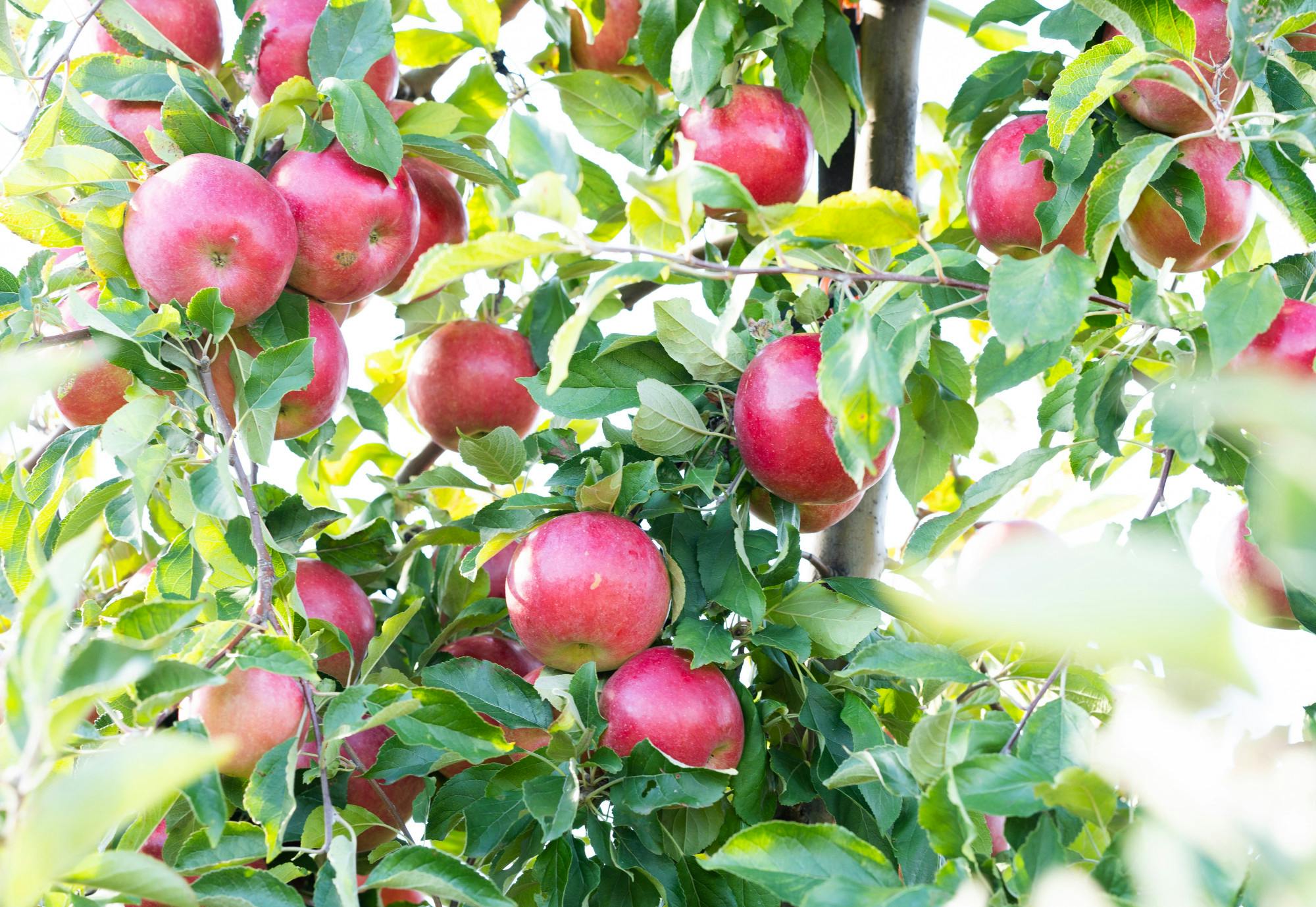As the leaves burst into fiery palette of crimson, orange, and gold, agritourism businesses all across Michigan prepare for their busiest season of the year: fall.
On Oct. 3, Gov. Gretchen Whitmer celebrated the agritourism across the state by declaring October as Michigan Agritourism Month to commemorate the hard work done by farms across Michigan.
Agritourism refers to businesses that take agriculturally-based products and ideas and merge them into tourist attractions. Corn mazes, cider mills and pumpkin patches all fall in this category and make up some of the most popular fall activities.
Dr. Dan McCole, one of Michigan State’s associate professors in the Department of Community Sustainability, explains the importance of agritourism to the Michigan economy.
“It is helpful to the economy and, in general, making Michigan a stronger destination to visit," McCole said.
By having farmers sell their products straight from the farm as opposed to retail, it offers lower prices to individuals while seeing higher profit to the farms. McCole said they cut out the middleman and extra bodies they have to pay by selling on-site.
McCole said the idea of agritourism has exponentially increased within the past 20 years. The practice has become a massive economic industry and its development has helped support thousands of families across the state.
“The reason it’s grown is because people want those sorts of experiences,” McCole said. “As fewer people come from agricultural backgrounds, the more enticing it becomes. That’s why it is so important to celebrate it."
McCole said that commemorating the industry helps draw attention to its importance and the faces behind our fall festivities.
“I was excited to see her commemorate agritourism,” Loretta Benjamin, owner of Choice Farm Market, said. “The fact that Whitmer supports agritourism and agriculture didn’t go unnoticed.”
Benjamin emphasized the importance of lawmakers and policymakers understanding the role of agriculture in our economy. Maintaining an agricultural focus when making decisions involving these businesses is crucial to sustaining the industry's growth, Benjamin said.
Choice Farm Market is a well-established agribusiness in Webberville, with roots going all the way back to 1838 when farm was first built. Since then, owners Todd and Loretta Benjamin have made it their mission to educate families on agriculture and where food comes from.
“Everything within our markets is made in Michigan, it’s local,” Benjamin said. “We can tell you where it was grown, raised, processed, and how it was processed. We want to assure families that what we have is local and healthy for them.”
For businesses such as Peacock Road Family Farm in Laingsburg, agritourism is all about creating the perfect experience for families.
Peacock Road Family Farm first opened doors in 1994 when they began selling Christmas trees. Since then, the family farm has expanded drastically and now provides a variety of unique services and activities. Families can participate in student tours, animal races, wagon rides and even explore wedding venues.
Owned by Ed and Diana Carpenter, their favorite thing about the farm is seeing the families enjoy themselves.
While fall is certainly their busiest season, agritourism isn’t limited to it. During the winter, they begin their “Santa experience,” where wagon rides to Santa’s home are available. From there, you can meet Mr. and Mrs. Claus, Chrissy the Elf and pick out decorations for a Christmas tree of your choice.
The Carpenters were both raised in agricultural-based homes, and now look to create an environment where they can educate families on the agricultural industries.
“The thing that I like about us being able to offer agritourism is the fact that it allows people to get back to the farm,” Diana said. “We allow people to enjoy the farm with their families so that they can begin to touch agriculture again, when most families today can’t.”
Mike Beck, the owner of Uncle John’s Cider Mill, agrees that families are the center of the business.
Uncle John’s Cider Mill, located in Saint Johns, was founded by John and Carolyn Beck and is a hotspot for agritourism in the Greater Lansing area. The family-owned business, now passed down to Mike and Dede Beck, has become an attraction for pumpkin picking and weekend adventures.
Uncle John’s Cider Mill first started as an orchard before turning into a retail business in 1978, where they now provide an even wider variety of goods. From hay rides to hard cider, the Becks have fall covered.
“Our busiest months are definitely September and October," Beck said.
For many agritourism based businesses, this is the case. A lot of agritourism in Michigan is centered around autumn and the typical activities that follow suit.
While this peak season may be harder for some businesses to balance, Uncle John’s Cider Mill isn’t concerned. In their off-seasons, they create hard ciders sold in restaurants and businesses all across the Midwest.
One thing each of these businesses agree on is the community agritourism provides. Their businesses offer families connection with the outdoors and the agriculture industry, working to educate and encourage everyone to get involved and learn about the businesses making your farm-to-table goods.
“Farms are a meeting place for people," Benjamin said. "People from all over, the north, south, east, and west, come together and meet up here. It’s a place to get outdoors and have fun.”







